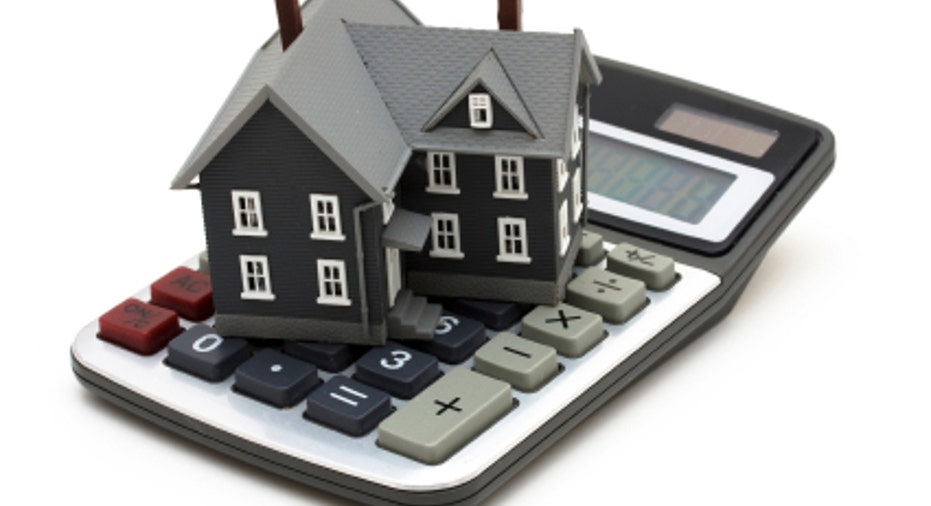Is Bankruptcy an Option With Reverse Mortgage?

Dear Bankruptcy Adviser, If somebody has a reverse mortgage, could he file for bankruptcy and still keep the house -- of course meeting all the other obligations to the mortgagor? -- John
Dear John, This is an excellent question. Yes, you are allowed to file bankruptcy when you have a reverse mortgage, but you must resolve three issues prior to filing.
A reverse mortgage allows you to convert part of the equity in your home into cash or stop paying your mortgage altogether without having to sell your home. You must be 62 or older and usually need significant equity in your property -- around 50% loan-to-value. You can continue to live in the property without paying your mortgage until you die, sell your home or when your home is no longer your primary residence.
There are different types of reverse mortgages, but two general categories. One category allows you to take money out of the house as a fixed monthly distribution, one-time lump sum or equity line of credit. The other category does not access the equity; it simply allows you not to make any more mortgage payments.
Here are the three things you must consider before filing.
Home Value
In most states, you must consider the value of your home prior to filing bankruptcy. With few exceptions, you may not be able to protect 100% of the equity in your home when you file bankruptcy. Most people have equity in their home when they sign up for a reverse mortgage, so you need to be certain the equity is not more than you can protect.
Most states have seen falling home values since 2007. It is very likely that, had you received the reverse mortgage around 2007, your home value could be equal to the current balance. There are a few online sites where you can check to see an estimate of your home's current value, but in some cases, you may need to pay for an appraisal. An appraisal is the only way to find out the most accurate current value.
Current Balance
This question always confuses my clients with reverse mortgages. What is the current balance on the property? The client always says, "It is a reverse mortgage; there is no balance, and I don't have to pay anything."
While the latter comment is true, the former is not. There is a balance, and it is growing every day. Unlike a traditional mortgage, in which you will make monthly payments and eventually pay off the balance, a reverse mortgage increases each month. You will need to get a current balance statement from the lender prior to filing bankruptcy.
You may have to ask for a "10-day payoff" statement from the lender. This is what you get when you are trying to sell the house. It will give you an accurate balance as of today, even though you are not selling the property.
Monthly Payments
The reverse mortgage loan document probably has a clause that allows the lender to cease monthly payment distributions or closes the equity line of credit. If you are counting on that additional monthly income or access to the home's equity, you need to review the loan documents prior to filing. This may eliminate bankruptcy as an option.
I have heard that some lenders will continue with a distribution after the bankruptcy is over, even with a bankruptcy clause. This may require you to file a reaffirmation agreement while you are inside the active bankruptcy. You will need to confirm whether this option is available in your case.
As long as you do your due diligence before filing, bankruptcy is still an option.
Bankrate's content, including the guidance of its advice-and-expert columns and this website, is intended only to assist you with financial decisions. The content is broad in scope and does not consider your personal financial situation. Bankrate recommends that you seek the advice of advisers who are fully aware of your individual circumstances before making any final decisions or implementing any financial strategy. Please remember that your use of this website is governed by Bankrate's Terms of Use.



















